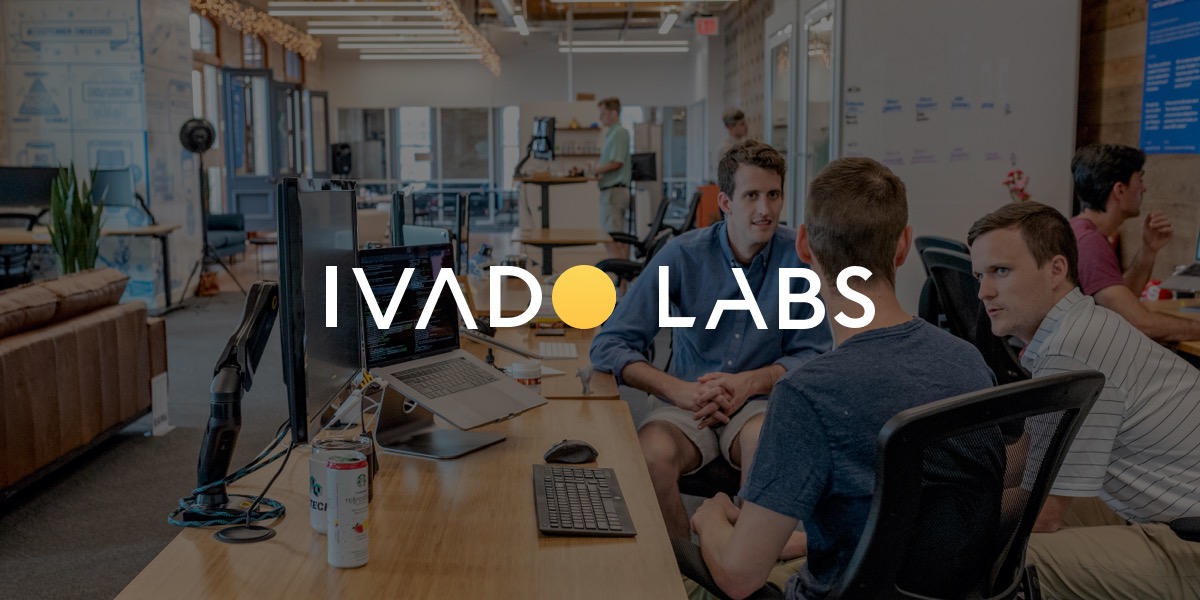News and resources
Enhance your business operations with AI
This video was recorded during the ALL IN 2023 event. Our VP of Product, Jack Klejka, discusses how we, at IVADO Labs, are focused on empowering businesses with artificial intelligence.
Key points of the video
In this talk, Jack highlights the diverse and significant impact of AI in business operations, using practical examples while emphasizing user empowerment and the importance of data quality over quantity.
- Demand prediction: AI can help businesses estimate the future demand for their product, or service with improved accuracy – often improving baseline forecasts by up to 30% – so that they can make informed decisions about inventory management, pricing strategies, future trends and more. This is often one of the first focus areas for businesses embarking on their AI journey.
- Margin improvement: Once future demand is predicted, AI can be used to enhance business pricing strategies to optimize profit margins: now that you have a good idea of how many products you are going to sell, what price should you sell them at? This improvement varies based on initial efficiency levels.
- Inventory management: AI can enhance inventory management by introducing efficiency, accuracy and predictive capabilities into a business process. Through various applications such as automated reordering, warehouse optimization, inventory tracking and more, companies can potentially reduce their inventory by up to one-third.
- Store layout optimization: AI can play a significant role in optimizing store layouts through the use of planograms to ensure businesses have the right product, in the right place, at the right time for customers. This not only helps businesses avoid lost sales but also automates the creation of planograms, making the space planning and merchandising process for store managers easier and giving them more time to focus on customer satisfaction instead of refilling shelves.
- Supply chain resilience: AI can optimize the supply chain in a number of ways, including efficiency, cost-effectiveness, and resilience. For manufacturing for example, AI can help you determine when you should purchase raw materials, which quantity, and at what price.
- “Do I have enough data to get started?”: This is one of the most common questions we get asked. While larger data sets are generally better, the quality of data is crucial. Companies can start with their current dataset and enhance their AI methods over time. Starting even with basic analytics, such as regression analysis, can still yield beneficial insights.
